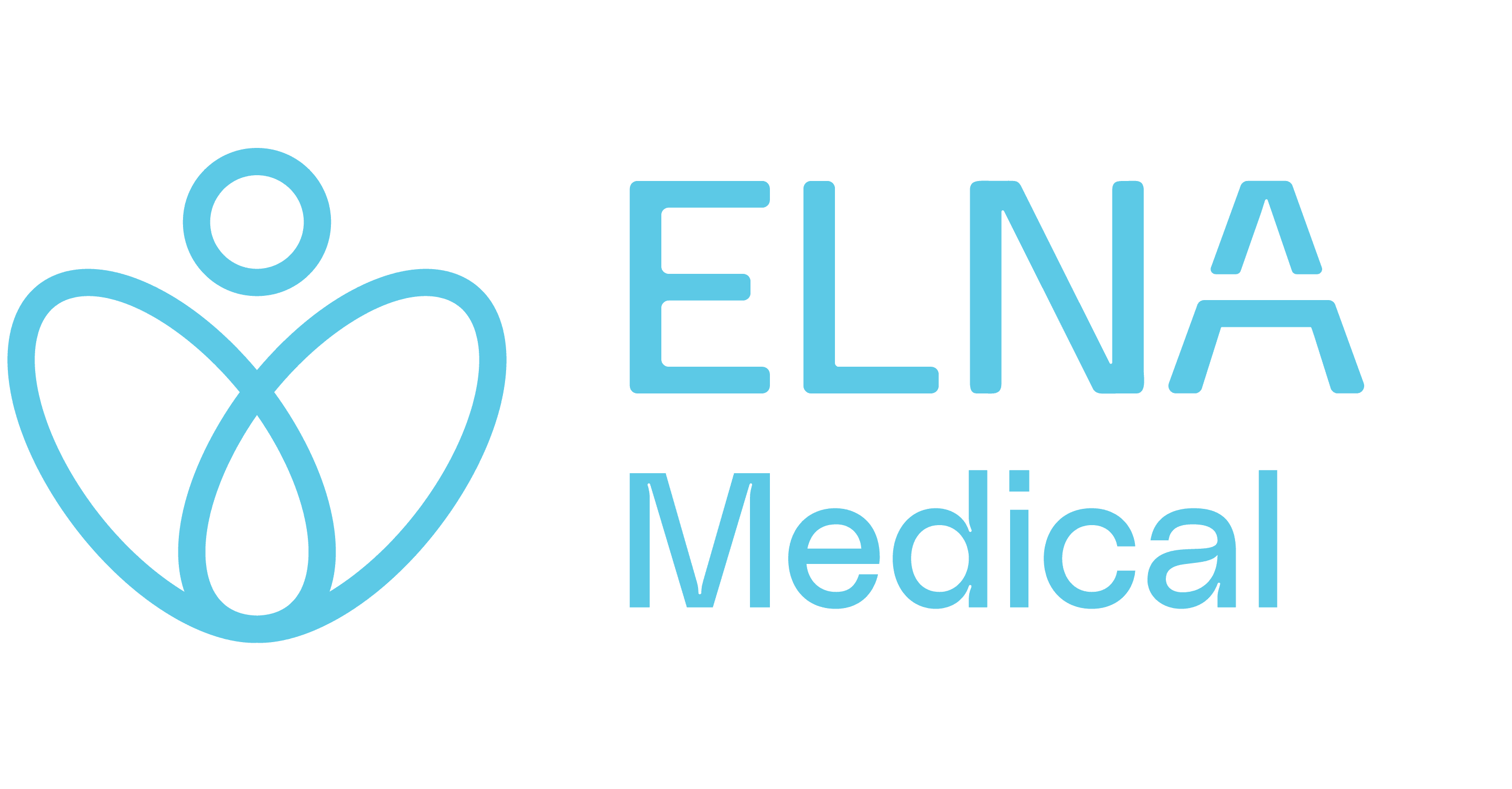I Eat, Therefore I Am! (1 of 2)
Diet influences brain function and mental health
Dr. Anne-Isabelle Dionne
ELNA, Saint-Mathieu-de-Beloeil
The thousands of chemical molecules ingested in our food regulate our body’s vital functions. They also produce neurotransmitters connected to moods and behaviours.
One in seven Canadians suffers from a mood disorder (altered thinking, mood, or behaviour that is associated with a certain level of distress)1. One in three people experiences anxiety2. Psychotherapy, tools for personal growth and for helping to regulate emotions, as well as various sorts of antidepressant medications are among the first-line therapies for treating such ailments3.
Surprisingly, people who suffer from mental health conditions like depression or anxiety are also more likely to suffer from a chronic issue, such as cardiovascular disease, diabetes, high blood pressure, chronic obstructive pulmonary disorder, etc.4 Since we know that these kinds of cardiometabolic diseases are very often caused by unhealthy habits, including nutritional ones, might there be a psychological connection between the two? How does diet impact brain function and mood regulation?
Healthy Diet = Reduced Risk of Depression
In every bite, the food we eat supplies our bodies with thousands of biochemically important molecules, without which massive amounts of enzymatic reactions could not properly occur. The production of neurotransmitters that regulate moods and behaviours in the brain is one of those vital functions subject to the dynamic and continuous interaction with several essential nutrients supplied in our diets.
Numerous studies have shown the impact of nutrition on the state of mental health. Not surprisingly, several have found that a healthy diet is correlated with lower rates of depression. 5, 6, 7, 8, 9 Accordingly, a dietary approach that encourages eating plenty of fruits and vegetables, whole unprocessed grains, fatty fish, olive oil, nuts and seeds will contribute to more balanced psychological health. Conversely, an increased risk of depression has been observed in persons who are heavy consumers of red and/or processed meats (charcuterie), refined gains and cereals (flour, bread, breakfast cereal, pasta, etc.), high-fat dairy products, desserts, candy, and sweets.
Surprisingly, as this type of diet is also associated with a significantly decreased risk of heart disease, the biochemical effect generated by these eating habits also impacts inflammatory mechanisms that affect the brain, just as much as our arterial health10. Nutritional habits during pregnancy can also affect a baby’s future mental health in childhood and adolescence. A diet that is low in nutrients and high in processed ingredients increases the likelihood that a child will develop psychiatric problems as s/he grows. 11, 12, 13, 14
In a second article, we will take a closer look at the correlation between diet and mental health, with a focus on particular phenomena such as the microbiome, inflammation, oxidative stress, the need for antioxidants, and cerebral plasticity.
1 https://www.canada.ca/fr/sante-publique/services/publications/maladies-et-affections/rapport-systeme-canadien-surveillance-maladies-chroniques-maladies-mentales-canada-2015.html#s0
2 Katzman, M.A., Bleau, P., Blier, P. et al. Canadian clinical practice guidelines for the management of anxiety, posttraumatic stress and obsessive-compulsive disorders. BMC Psychiatry 14, S1 (2014). https://doi.org/10.1186/1471-244X-14-S1-S1
3 Kennedy SH, Lam RW, McIntyre RS, Tourjman SV, Bhat V, Blier P, Hasnain M, Jollant F, Levitt AJ, MacQueen GM, McInerney SJ, McIntosh D, Milev RV, Müller DJ, Parikh SV, Pearson NL, Ravindran AV, Uher R; CANMAT Depression Work Group. Canadian Network for Mood and Anxiety Treatments (CANMAT) 2016 Clinical Guidelines for the Management of Adults with Major Depressive Disorder: Section 3. Pharmacological Treatments. Can J Psychiatry. 2016 Sep;61(9):540-60. doi: 10.1177/0706743716659417. Epub 2016 Aug 2. Erratum in: Can J Psychiatry. 2017 May;62(5):356. PMID: 27486148; PMCID: PMC4994790.
4 https://www.canada.ca/fr/sante-publique/services/publications/maladies-et-affections/rapport-systeme-canadien-surveillance-maladies-chroniques-maladies-mentales-canada-2015.html
August 5, 2021 – Lai, JS, Hiles, S, Bisquera, A et al. (2014) A systematic review and meta-analysis of dietary patterns and depression in community-dwelling adults. Am J Clin Nutr 99, 181–197
6 Psaltopoulou, T, Sergentanis, TN, Panagiotakos, DB et al. (2013) Mediterranean diet, stroke, cognitive impairment, and depression: a meta-analysis. Ann Neurol 74, 580–591.
7 Quirk, SE, Williams, LJ, O’Neil, A et al. (2013) The association between diet quality, dietary patterns and depression in adults: a systematic review. BMC Psychiatry 13, 175
8 Rahe, C, Unrath, M & Berger, K (2014) Dietary patterns and the risk of depression in adults: a systematic review of observational studies. Eur J Nutr 53, 997–1013
9 Li, Y, Lv, MR, Wei, YJ et al. (2017) Dietary patterns and depression risk: a meta-analysis. Psychiatry Res 253, 373–382.
10 Sanchez-Villegas, A, Martinez-Gonzalez, MA, Estruch, R et al. (2013) Mediterranean dietary pattern and depression: the PREDIMED randomized trial. BMC Med 11, 208.
11 O’Neil, A, Quirk, SE, Housden, S et al. (2014) Relationship between diet and mental health in children and adolescents: a systematic review. Am J Public Health 104, e31–e42
12 Muhlig, Y, Antel, J, Focker, M et al. (2016) Are bidirectional associations of obesity and depression already apparent in childhood and adolescence as based on high-quality studies? A systematic review. Obes Rev 17, 235–249.
13 Sparling, TM, Henschke, N, Nesbitt, RC et al. (2017) The role of diet and nutritional supplementation in perinatal depression: a systematic review. Matern Child Nutr 13, e12235.
14 Baskin, R, Hill, B, Jacka, FN et al. (2015) The association between diet quality and mental health during the perinatal period. A systematic review. Appetite 91, 41–47.
All material, articles, and posts on ELNA Medical’s website and social media platforms are for educational and informational purposes only and are not intended as a substitute for professional medical advice, diagnosis or treatment. All individuals interacting with this content should discuss all information and questions with their personal healthcare professional. In case of an emergency, please call 911. The views expressed are those of the author and do not necessarily reflect those of ELNA Medical. Any reference to third party names or links is for appropriate acknowledgement and does not constitute a sponsorship or endorsement by ELNA Medical.


